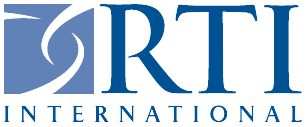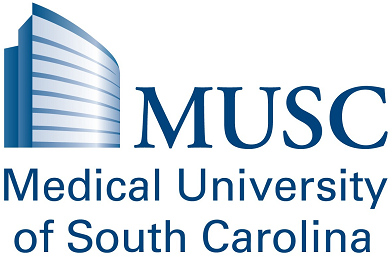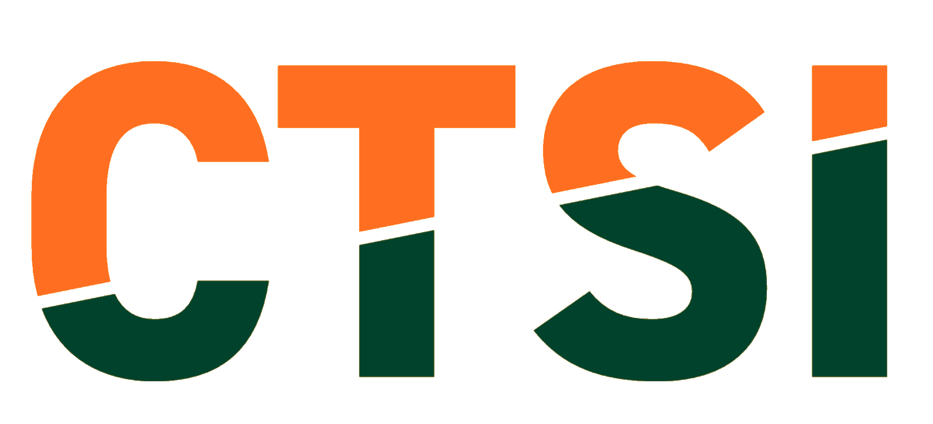Who We Are
The Regulatory Guidance for Academic Research of Drugs and Devices (ReGARDD) affiliates are comprised of regulatory affairs specialists and experts from the Southeast US that receive funding from the NIH Clinical and Translational Science Awards (CTSA) Program. Currently these institutions are the University of North Carolina at Chapel Hill, Duke University, Wake Forest School of Medicine, and RTI International, the Medical University of South Carolina, Virginia Commonwealth University, and University of Miami.
Combining the regulatory talents across these Institutions enables sharing of ideas, lessons learned, historical information, and the development of successful strategies to assist the academic researcher in navigating an increasingly complex regulatory environment. To learn more about each of the affiliates involved in ReGARDD, click on the institution's logo below:
The University of North Carolina at Chapel Hill
The North Carolina Translational and Clinical Sciences (NC TraCS) Institute Regulatory Affairs Office provides regulatory support, guidance and education to the research community of UNC and its affiliates. Our aim is to lessen the regulatory barriers to translational research, by providing comprehensive support for researchers as they navigate the varying stages of investigational drug, medical device and biological product development and research. Some of our services include early consultations with the FDA, protocol review and evaluation, submissions of INDs/IDEs, DSMB support of phase 2 and 3 clinical trials, as well as assisting with long term maintenance and reporting requirements of clinical trials. The goal of our service is to advance science and discovery at UNC, while providing knowledge and empowerment for our academic investigators.
Wake Forest School of Medicine
The IND/IDE Navigator in the Clinical and Translational Science Institute (CTSI) was established to provide regulatory support, guidance, and education services to faculty investigators involved in US Food and Drug Administration (FDA) regulated clinical research at Wake Forest School of Medicine.
Our primary focus is regulatory assistance to clinical sponsor-investigators planning to utilize either a drug or biological product classified by the FDA as an Investigational New Drug (IND) per 21 CFR Part 312 or a medical device subject to Investigational Device Exemption (IDE) regulations per 21 CFR Part 812. Our efforts help ensure clinical research excellence and regulatory compliance as set forth by Wake Forest School of Medicine and the FDA.
RTI International
RTI international's highly experienced team can provide project management and biomedical product development expertise to plan and coordinate your preclinical and clinical projects. Our team understands drug development and regulatory approval process with pharmaceutical industry expertise in toxicology, pharmacology, clinical research, chemistry, manufacturing, and controls (CMC) and regulatory affairs.
Duke University
The Duke Office of Regulatory Affairs and Quality (ORAQ) team serves as a no-cost resource to the clinical research community at Duke University Medical Center. We offer regulatory and quality assurance support in all aspects of clinical research from preclinical requirements to investigational drug/biologic manufacturing to IND/IDE submissions in support of first-in-human studies and beyond. All of our team members have a strong scientific background, in addition to regulatory expertise, which allows for us to serve as a liaison between clinical investigators and the U.S. Food and Drug Administration (FDA). Our goal is to provide the Duke community with the tools, training and support needed to navigate the complex regulatory pathways that accompany translational research.
Meet the Duke ORAQ Regulatory Affairs team members
The Medical University of South Carolina
The goal of the South Carolina Clinical & Translational Research (SCTR) Institute Regulatory Knowledge and Support (RKS) program is to uphold the highest standards in human subjects protection by providing expert consultation, individualized training and mentoring to investigators, research professionals and trainees at MUSC. Our highly trained regulatory specialists work collaboratively with the community, local research offices, state-wide partners and across the CTSA consortium to provide education, develop policies, workflows, services and tools while utilizing a results-based accountability framework to evaluate program success.
Virginia Commonwealth University
Virginia Commonwealth University, through the Office of the Vice President for Research and Innovation and the C. Kenneth and Dianne Wright Center for Clinical and Translational Research, is invested in fostering transformative, collaborative, and translational research to enrich the human experience and advance human health and well-being. The VCU FDA Regulatory Resource Program provides guidance for VCU faculty-held IND or IDE research and supports institutional best practices for regulatory compliance and quality clinical research. Tailored training for sponsor-investigators and their teams comes from this program as well as from the Wright Center.
University of Miami Clinical & Translational Science Institute
The Clinical Research Management and Support Office (CRMSO) at the University of Miami offers centralized services and resources to principal investigators, sponsor-investigators, study staff, and departments involved in clinical research and seeking to conduct multicenter clinical trials. CRMSO was created as a result of a collaboration between the Office of the Executive Dean of Research (EDR), Sylvester Comprehensive Cancer Center (SCCC), the Clinical and Translational Science Institute (CTSI), and the Office of the Vice Provost for Research (OVPRS). Our team provides management and support in Regulatory Affairs, Project Management, Data Management, and Site Management for Multicenter Investigator Initiated Trials. Furthermore, we develop and conduct multiple clinical research educational programs for the University's research community. Through multidisciplinary collaboration, clinical research support, and education, we strive to advance the clinical research enterprise at the University of Miami.
The ReGARDD program is funded in part by Clinical and Translational Science Awards (CTSA) Program from the National Center for Advancing Translational Sciences, National Institutes of Health, to each of the member institutions:
- University of North Carolina at Chapel Hill and RTI International (grant UL1TR002489)
- Duke University (grant UL1TR002553)
- Wake Forest University (grant UL1TR001420)
- The Medical University of South Carolina (grant UL1TR001450).
- Virginia Commonwealth University (grant UL1TR002649).
- University of Miami Clinical & Translational Science Institute (grant UL1TR002736).
The content is solely the responsibility of the authors and does not necessarily represent the official views of the NIH.







